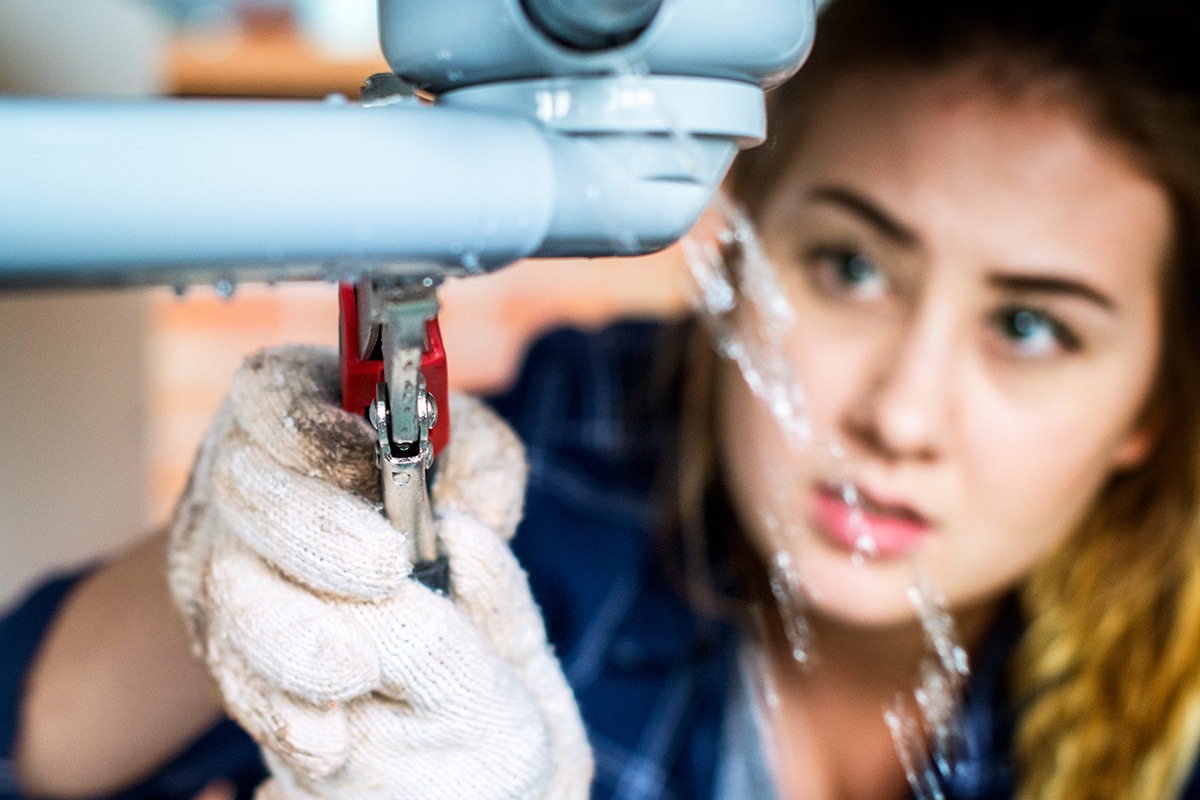

Articles
What Is A Plumbing Apprentice
Modified: August 31, 2024
Learn what a plumbing apprentice does and how to become one. Read our informative articles to get insights into the plumbing industry and apprenticeship programs.
(Many of the links in this article redirect to a specific reviewed product. Your purchase of these products through affiliate links helps to generate commission for Storables.com, at no extra cost. Learn more)
Introduction
A plumbing apprentice is an individual who is beginning their journey into the world of plumbing. It is an entry-level position where individuals learn the skills necessary to become a professional plumber. Plumbing apprenticeships offer practical, hands-on experience and formal training to develop the knowledge and skills required for a successful career in the plumbing industry.
In this article, we will explore the responsibilities, benefits, qualifications, training, and career opportunities associated with becoming a plumbing apprentice. Whether you are considering a career in plumbing or are interested in learning more about this profession, this article will provide valuable insights into the world of plumbing apprenticeships.
Key Takeaways:
- Plumbing apprenticeships offer hands-on experience, job security, and potential for career growth. From practical training to licensing, apprentices can embark on a rewarding journey towards becoming professional plumbers.
- Aspiring plumbers can expect diverse career opportunities, including entrepreneurship, specialization, and even roles in education and consultancy. The plumbing industry provides stability and continuous demand for skilled professionals.
Read more: What Is Plumbing?
Responsibilities of a Plumbing Apprentice
As a plumbing apprentice, you will have a range of responsibilities that contribute to the smooth operation of plumbing projects. While your specific duties may vary depending on the company you work for and the level of your apprenticeship, here are some common responsibilities you can expect:
- Assisting experienced plumbers in various tasks such as installing, repairing, and maintaining plumbing systems
- Learning how to read and interpret blueprints and technical drawings
- Assessing and identifying plumbing issues or malfunctions
- Helping with the installation and repair of pipes, fixtures, and appliances
- Understanding and adhering to safety protocols and regulations
- Operating and maintaining plumbing tools and equipment
- Providing support during inspections and testing of plumbing systems
- Preparing work areas and cleaning up after completing tasks
- Communicating effectively with team members and clients
It is important to note that as a plumbing apprentice, you will be learning on the job and enhancing your skills under the guidance of experienced plumbers. You will have the opportunity to work on a variety of projects, from residential to commercial, gaining valuable hands-on experience that will prepare you for a future career as a professional plumber.
Benefits of Becoming a Plumbing Apprentice
Embarking on a plumbing apprenticeship can offer numerous benefits for individuals who are interested in pursuing a career in the plumbing industry. Here are some notable advantages of becoming a plumbing apprentice:
- Practical, Hands-On Experience: As a plumbing apprentice, you will receive practical, on-the-job training that allows you to apply the theoretical knowledge you gain through formal education. This hands-on experience is crucial for developing essential plumbing skills and techniques.
- Structured Learning: Plumbing apprenticeships provide a structured learning environment where you can gain knowledge from experienced plumbers. You will have the opportunity to ask questions, receive guidance, and learn from real-world scenarios.
- Job Security: The demand for skilled plumbers is consistently high, which means that completing a plumbing apprenticeship can provide you with excellent job security. Plumbers are needed in various industries, including construction, maintenance, and repair.
- Potential for Career Growth: Once you complete your apprenticeship and become a licensed plumber, there is ample room for career growth. You can choose to specialize in specific areas of plumbing, such as residential or commercial plumbing, and even work towards starting your own plumbing business.
- Competitive Salary: Plumbers, especially those with significant experience and expertise, can earn a competitive salary. The compensation for plumbers often reflects their skill level and the complexity of the projects they undertake.
- Job Variety: Plumbing offers a diverse range of work opportunities. As a plumber, you may find yourself working on residential properties, commercial buildings, or even industrial sites. This variety keeps the job interesting and allows you to gain experience in different settings.
- Contributing to the Community: Plumbers play a crucial role in ensuring the safety and functionality of plumbing systems, which are essential for public health and well-being. Becoming a plumber allows you to make a positive impact in your community by providing vital plumbing services.
Overall, a plumbing apprenticeship offers a combination of practical experience, job security, and the potential for a rewarding and financially stable career in the plumbing industry.
Qualifications and Requirements for a Plumbing Apprenticeship
To begin a plumbing apprenticeship, there are certain qualifications and requirements that you need to meet. While these may vary slightly depending on your location and the specific apprenticeship program you are interested in, here are some common prerequisites:
- Educational Requirements: Most plumbing apprenticeships require a high school diploma or equivalent. It is important to have a solid foundation in mathematics, as you will need to perform calculations related to pipe measurements, water pressure, and other plumbing tasks.
- Physical Fitness: Plumbing work can be physically demanding, requiring the ability to lift heavy objects, maneuver in tight spaces, and perform tasks that involve bending and kneeling. Good physical fitness is important for success in this field.
- Communication Skills: Effective communication is key in the plumbing industry. You should possess good verbal and written communication skills to understand instructions, interact with clients, and collaborate with team members.
- Attention to Detail: Plumbers need to have a keen eye for detail to identify potential issues, read technical drawings, and ensure accurate measurements. Attention to detail is crucial for successful plumbing work.
- Problem-Solving Abilities: Plumbing apprentices should have strong problem-solving skills, allowing them to analyze plumbing issues and determine the most effective solutions. The ability to think critically and troubleshoot problems is essential.
- Valid Driver’s License: Many plumbing apprenticeships require candidates to have a valid driver’s license. This is because apprentices often need to travel to various work locations and transport materials and equipment.
- Work Ethic and Reliability: Plumbers work in a fast-paced and often challenging environment. Demonstrating a strong work ethic, reliability, and a willingness to learn and adapt are highly valued characteristics in the plumbing industry.
Some apprenticeship programs may also require you to undergo a background check and drug screening for safety reasons.
It is important to research specific apprenticeship programs in your area to determine any additional requirements or qualifications they may have. By meeting these requirements and demonstrating the necessary qualities, you can set yourself up for a successful plumbing apprenticeship.
Training and Education for a Plumbing Apprentice
As a plumbing apprentice, you will receive a combination of classroom education and on-the-job training to develop the necessary skills and knowledge required for a career in plumbing. Let’s explore the training and education aspects of a plumbing apprenticeship:
1. Classroom Education: Many apprenticeship programs include classroom instruction where you will learn about the theoretical aspects of plumbing. These classes cover topics such as plumbing codes and regulations, pipe systems, blueprint reading, safety protocols, and basic plumbing principles. The classroom education provides a foundation of knowledge that you can apply during your practical training.
2. Trade Schools and Vocational Programs: In addition to apprenticeship programs, you may also consider attending a trade school or vocational program that offers specialized plumbing courses. These programs typically provide hands-on training in a simulated workshop setting, allowing you to practice plumbing techniques and gain a deeper understanding of the trade. Trade schools often offer a more accelerated path to becoming a plumber.
3. On-the-Job Training: The majority of your training as a plumbing apprentice will occur on the job. You will work alongside experienced plumbers who will provide guidance, mentorship, and practical training. This hands-on experience is invaluable for developing your skills and becoming proficient in various plumbing tasks and techniques. Through real-world projects, you will learn how to install, repair, and maintain plumbing systems, as well as troubleshoot and solve common plumbing problems.
4. Continuing Education: Learning is a lifelong process, and the plumbing industry is constantly evolving. Even after completing your apprenticeship and becoming a licensed plumber, it is important to continue your education to stay updated on new plumbing technologies, practices, and regulations. This may include attending workshops, seminars, and industry conferences to expand your knowledge and enhance your skills.
Throughout your training and education as a plumbing apprentice, it is essential to be dedicated, proactive, and eager to learn. Plumbing is a hands-on trade, and the more you invest in your training and education, the better prepared you will be for a successful career as a professional plumber.
When starting as a plumbing apprentice, be prepared to learn from experienced professionals, ask questions, and take initiative to gain hands-on experience. It’s important to be reliable, punctual, and eager to learn in order to succeed in the field.
Read more: What Is A Plumbing Fixture
On-the-Job Experience for a Plumbing Apprentice
On-the-job experience is a crucial aspect of a plumbing apprenticeship. As an apprentice, you will have the opportunity to apply the knowledge and skills learned in the classroom to real-life plumbing projects. Let’s explore what on-the-job experience entails for a plumbing apprentice:
Working with Experienced Plumbers: As an apprentice, you will work alongside experienced plumbers who will serve as your mentors. They will guide you, provide instructions, and share their expertise in various plumbing tasks. You will have the opportunity to observe and learn from their techniques, gaining insight into the best practices of the trade.
Hands-On Training: On-the-job experience for a plumbing apprentice is primarily focused on hands-on training. You will actively participate in plumbing projects, performing tasks such as installing pipes, fixtures, and appliances, repairing plumbing systems, and conducting maintenance inspections. This practical experience allows you to develop core plumbing skills and proficiency.
Problem-Solving: On-the-job experience provides apprentices with opportunities to encounter and solve real plumbing challenges. As you encounter different plumbing issues, you will learn how to assess problems, troubleshoot, and identify the most effective solutions. This problem-solving experience enhances your critical thinking and decision-making abilities.
Building Professional Relationships: On-the-job experience allows apprentices to interact with various individuals within the plumbing industry. You will work closely with plumbers, other tradespeople, clients, and supervisors. Building professional relationships is essential for networking, learning from experienced professionals, and potentially securing future employment or business opportunities.
Adapting to Different Plumbing Projects: On-the-job experience exposes apprentices to a wide variety of plumbing projects. You may work on residential, commercial, or industrial sites, each with its unique challenges and requirements. This exposure helps you develop versatility and adaptability, preparing you to handle diverse plumbing tasks and environments.
Time Management and Organization: On-the-job experience teaches apprentices the importance of time management and organization. Plumbing projects have deadlines, and you will need to prioritize tasks, manage your time efficiently, and ensure that materials and tools are organized and readily available. These skills are crucial for success in the plumbing industry.
Gaining Confidence: Through on-the-job experience, apprentices gradually gain confidence in their abilities and develop a sense of independence. As you become more skilled and knowledgeable, you will take on more responsibilities and work more independently, preparing you for a successful career as a professional plumber.
Overall, on-the-job experience plays a vital role in the growth and development of a plumbing apprentice. It provides practical training, problem-solving opportunities, and the chance to build valuable relationships within the plumbing industry.
Licensing and Certification for a Plumbing Apprentice
Licensing and certification are important milestones in the journey of a plumbing apprentice towards becoming a professional plumber. Let’s explore the process of obtaining a license and certification as a plumbing apprentice:
Apprenticeship Completion: Before pursuing a license and certification, you need to successfully complete your plumbing apprenticeship. This typically involves completing a specified number of on-the-job training hours and fulfilling the educational requirements of the apprenticeship program.
Apprentice License: Some jurisdictions offer apprentice licenses for plumbing apprentices. These licenses allow apprentices to legally work under the supervision of a licensed plumber while they continue their training. Requirements for obtaining an apprentice license may vary depending on the location, so it is important to research the specific regulations and rules in your area.
Journeyman License: The next step after completing your apprenticeship is to become a journeyman plumber. A journeyman license demonstrates your competency and allows you to work independently as a plumber. Requirements for a journeyman license vary by jurisdiction but typically involve a combination of working experience, passing an examination, and meeting specific educational and training requirements.
Trade Certificate: Many apprenticeship programs offer a trade certificate upon completion. This certificate serves as recognition of your successful completion of the apprenticeship and can be an additional qualification that employers may look for during the hiring process.
Continuing Education: To maintain and advance your career as a licensed plumber, it is important to participate in continuing education programs. These programs provide ongoing professional development and help you stay updated on new plumbing technologies, regulations, and best practices. Some jurisdictions may require you to complete a certain number of continuing education hours to renew your license.
Certification : In addition to obtaining a license, you may also choose to pursue voluntary certification in specific areas of plumbing. Certifications, such as the Green Plumber certification or specialized certifications for gas fitting, backflow prevention, or medical gas installation, can enhance your skillset and make you more competitive in the job market.
It is crucial to familiarize yourself with the licensing and certification requirements in your specific jurisdiction. Contact your local plumbing licensing board or regulatory authority to learn about the necessary steps, examinations, fees, and documentation required to obtain a license and certification as a professional plumber.
Remember, obtaining a license and certification as a plumbing apprentice demonstrates your commitment to the profession and ensures that you have the necessary skills and knowledge to provide quality plumbing services to clients.
Career Opportunities and Growth for a Plumbing Apprentice
A plumbing apprenticeship provides a solid foundation for a rewarding and long-lasting career in the plumbing industry. As you gain experience and develop your skills, various career opportunities and avenues for growth become available to you. Let’s explore the career opportunities and growth prospects for a plumbing apprentice:
Professional Plumber: The most common career path for a plumbing apprentice is to become a professional plumber. As a licensed plumber, you can work independently or join a plumbing company. You will have the opportunity to take on a wide range of plumbing projects, including residential, commercial, and industrial work. With experience, you can specialize in areas such as pipefitting, gas fitting, or green plumbing.
Supervisory and Management Roles: With years of experience and demonstrated expertise, you can progress into supervisory or management roles within the plumbing industry. These roles involve overseeing plumbing projects, managing teams of plumbers, and ensuring the successful completion of plumbing projects. In these positions, you will be responsible for coordinating and scheduling work, estimating project costs, and maintaining high-quality standards.
Entrepreneurship: Becoming a plumbing apprentice can provide you with the foundation and knowledge to start your own plumbing business. With the necessary licenses, certifications, and experience, you can establish a reputable plumbing company that offers a wide range of plumbing services. Running your own business allows for greater control over your work and potential for higher earnings.
Specialization: As you gain experience and expertise, you may choose to specialize in specific areas of plumbing. Specializations can include areas such as industrial plumbing, hydronic heating systems, kitchen and bathroom remodeling, or sustainable plumbing practices. By focusing on a specific niche, you can become a sought-after expert in your chosen field.
Educator and Trainer: With extensive knowledge and experience in the plumbing industry, you can pursue a career as an educator or trainer. You can become an instructor at a trade school or vocational program, sharing your insights and teaching future generations of plumbers. Additionally, you can provide specialized training workshops or courses to plumbers looking to enhance their skills and stay up-to-date with industry advancements.
Consultancy: Another potential career path for a plumbing apprentice is to become a plumbing consultant. As a consultant, you can provide expert advice and guidance to clients, architects, and contractors on plumbing systems, design, and code compliance. Consulting can offer flexibility, variety, and the opportunity to work on diverse projects.
It is important to note that the plumbing industry offers stable employment and consistent demand for skilled plumbers. As infrastructure development continues and older plumbing systems require maintenance and upgrades, the need for qualified plumbers remains high.
By continuously enhancing your skills, staying informed about industry trends, and seeking opportunities for professional development, you can unlock numerous career opportunities and enjoy ongoing growth in the plumbing industry.
Conclusion
A plumbing apprenticeship is an excellent starting point for individuals interested in pursuing a career in the plumbing industry. Through a combination of classroom education and on-the-job training, apprentices gain the skills, knowledge, and experience necessary to become professional plumbers.
Throughout the apprenticeship, apprentices learn about the responsibilities of a plumbing apprentice, including assisting plumbers, interpreting blueprints, identifying plumbing issues, and maintaining plumbing systems. They also benefit from the practical, hands-on experience that allows them to apply their theoretical knowledge to real-world projects.
Embarking on a plumbing apprenticeship offers numerous advantages, such as practical experience, job security, career growth opportunities, and competitive salaries. Plumbers play a crucial role in ensuring public health and safety, making their work vital to the community.
Successful completion of a plumbing apprenticeship leads to licensing and certification as a professional plumber. Apprentices can pursue different paths including specialized areas of plumbing, entrepreneurship, or management roles within the industry. There are also opportunities for further professional development, such as becoming an educator, consultant, or trainer.
The plumbing industry offers stable employment and consistent demand for skilled plumbers. With continuous learning, professional development, and a strong work ethic, plumbing apprentices can unlock a multitude of career opportunities and enjoy growth within the industry.
Whether you are considering a career in plumbing or are interested in learning more about plumbing apprenticeships, we hope this article has provided valuable insights into the world of plumbing apprenticeships and the exciting possibilities they offer.
Frequently Asked Questions about What Is A Plumbing Apprentice
Was this page helpful?
At Storables.com, we guarantee accurate and reliable information. Our content, validated by Expert Board Contributors, is crafted following stringent Editorial Policies. We're committed to providing you with well-researched, expert-backed insights for all your informational needs.
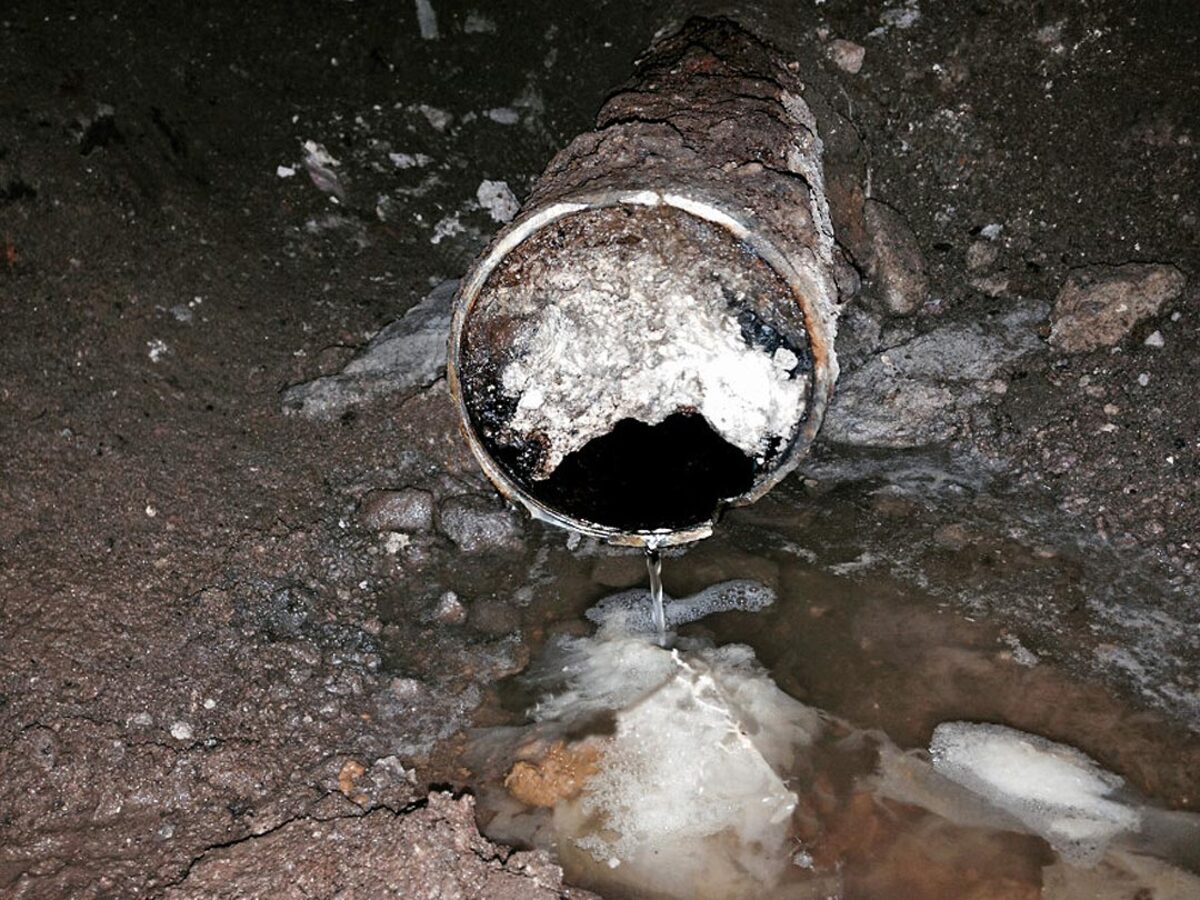
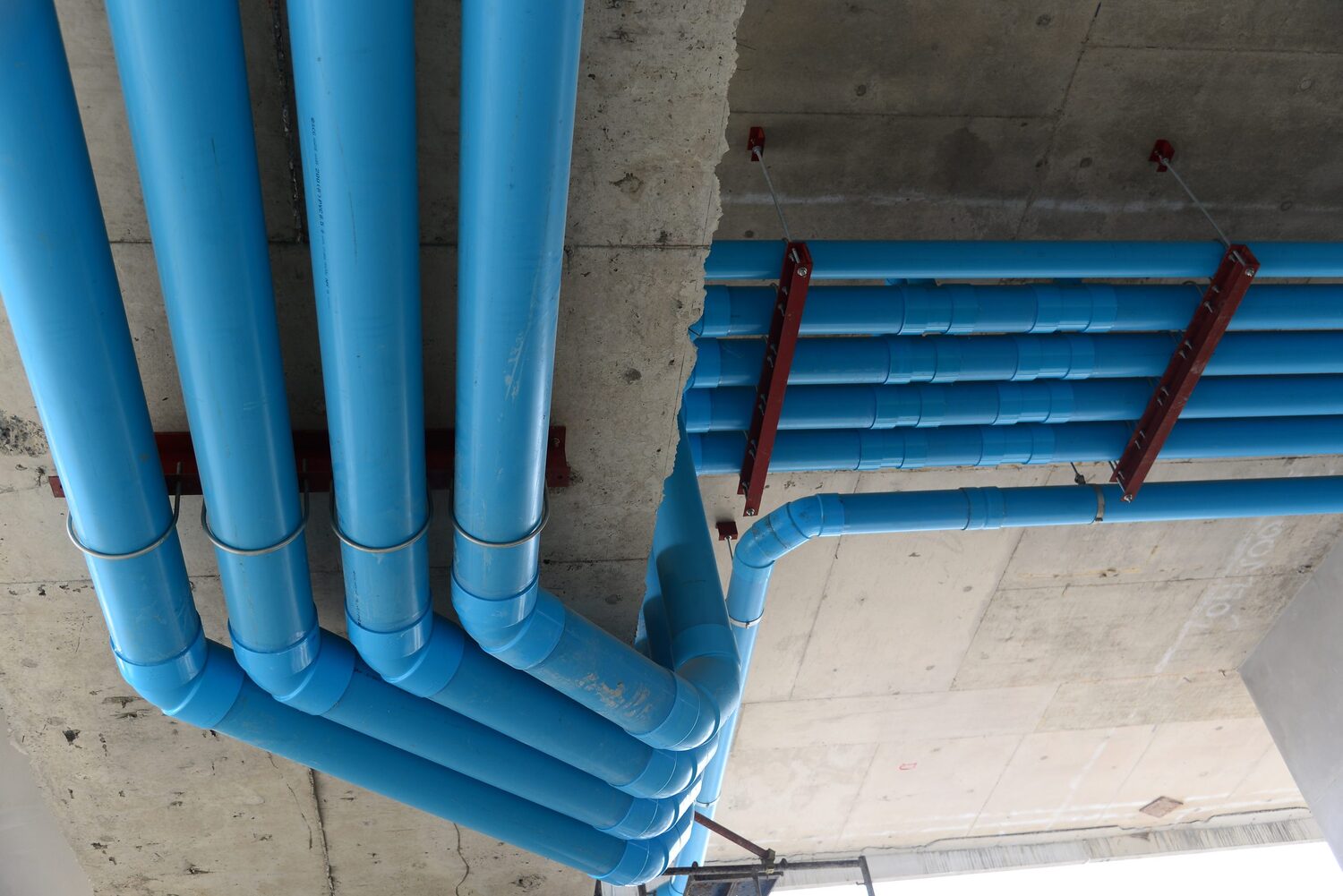
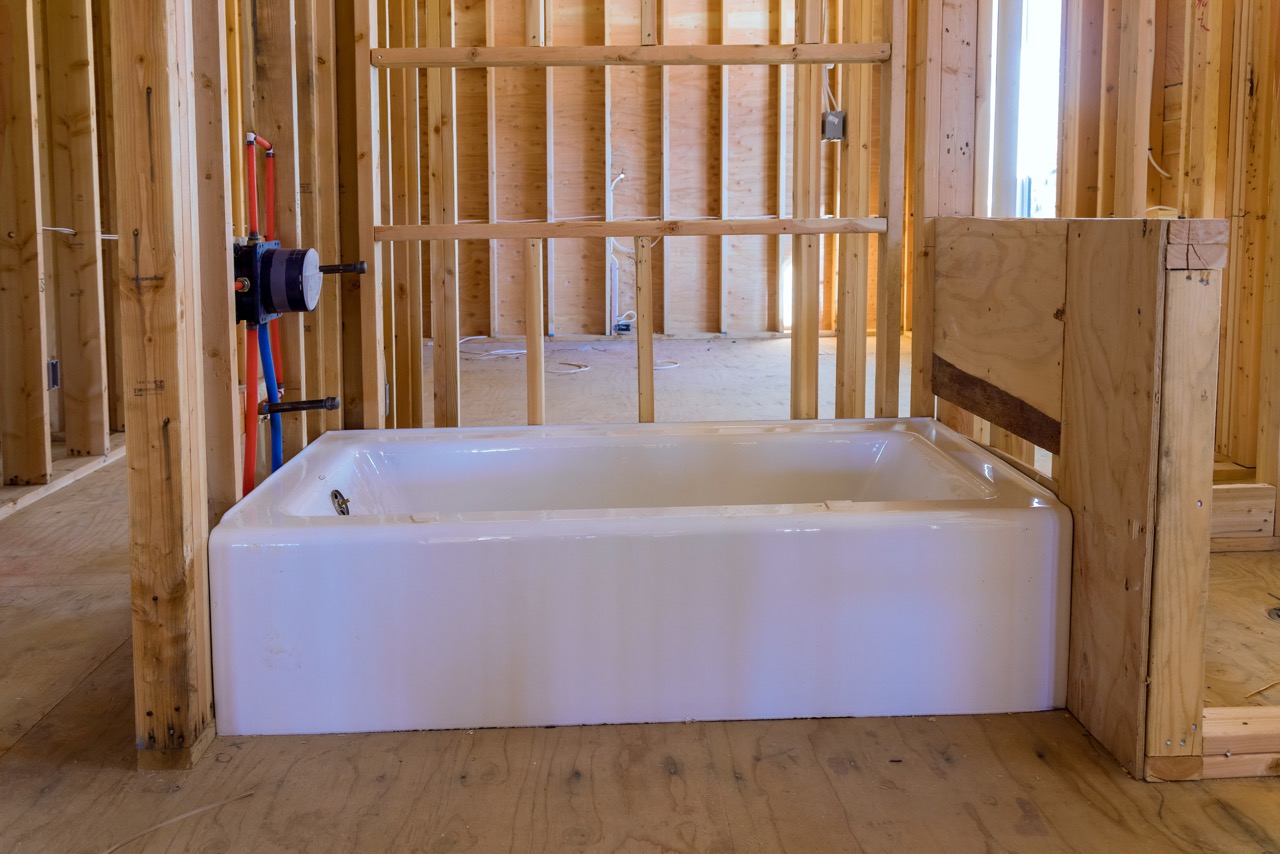
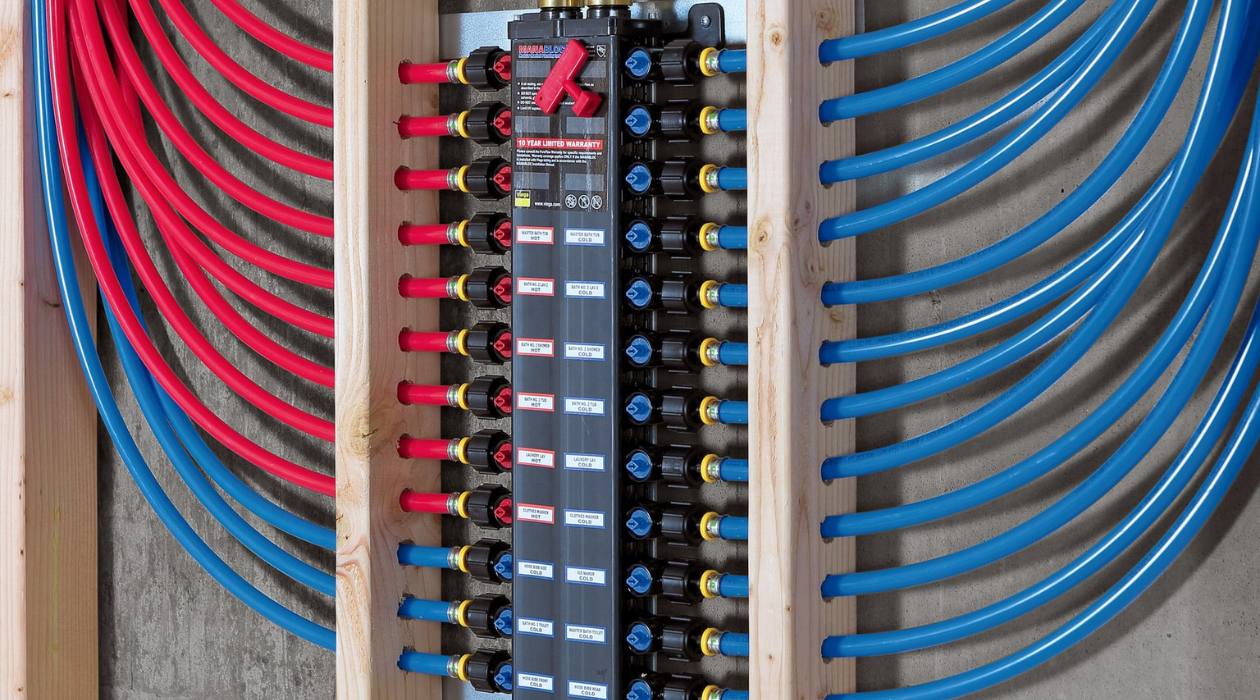
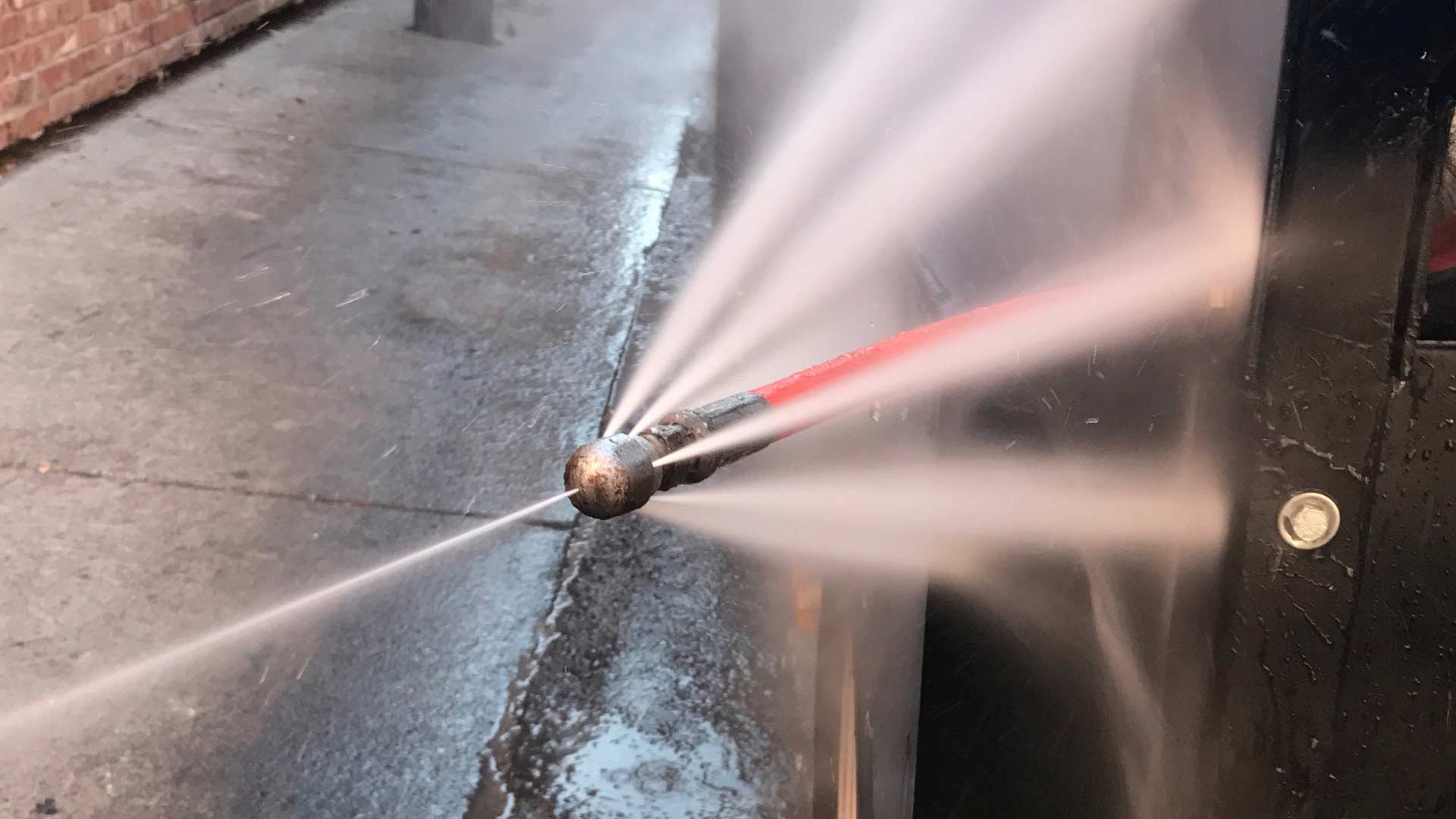
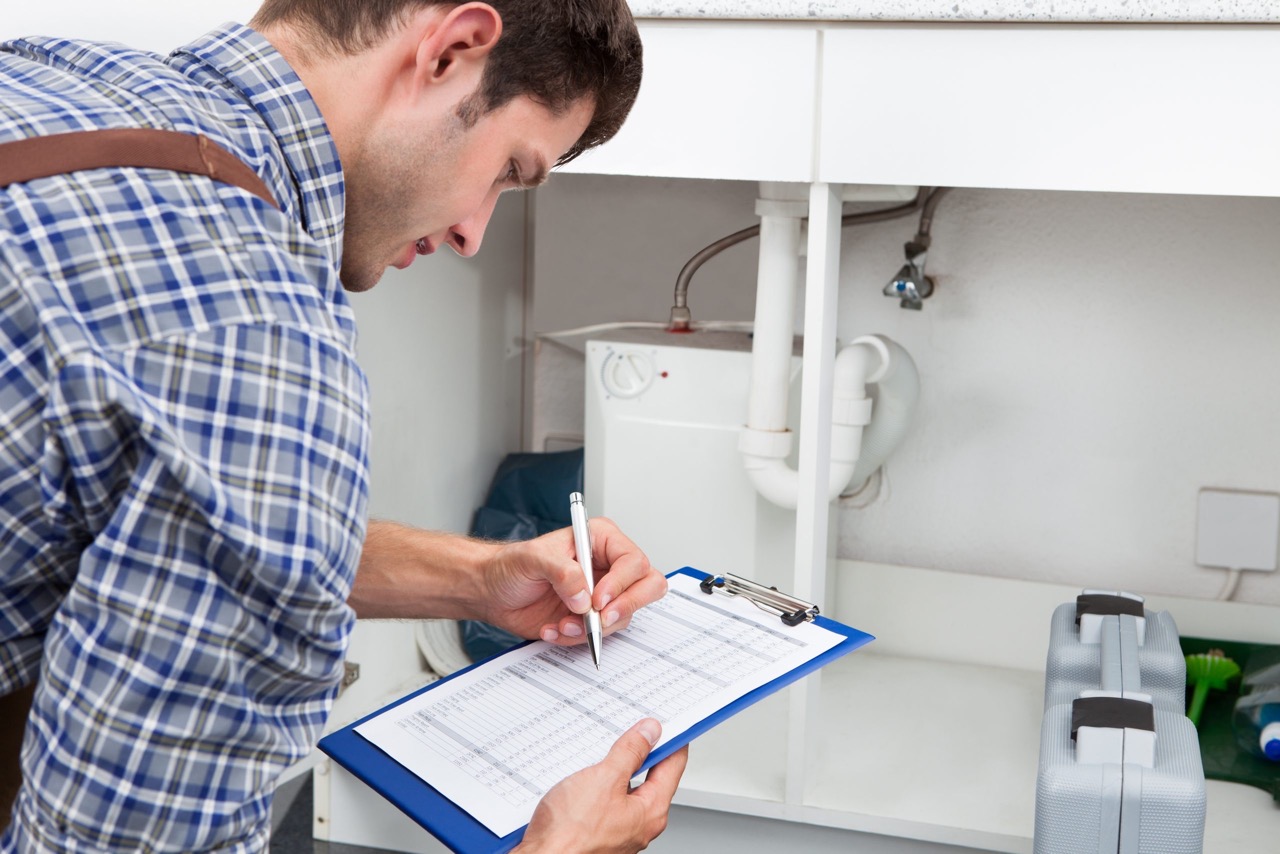
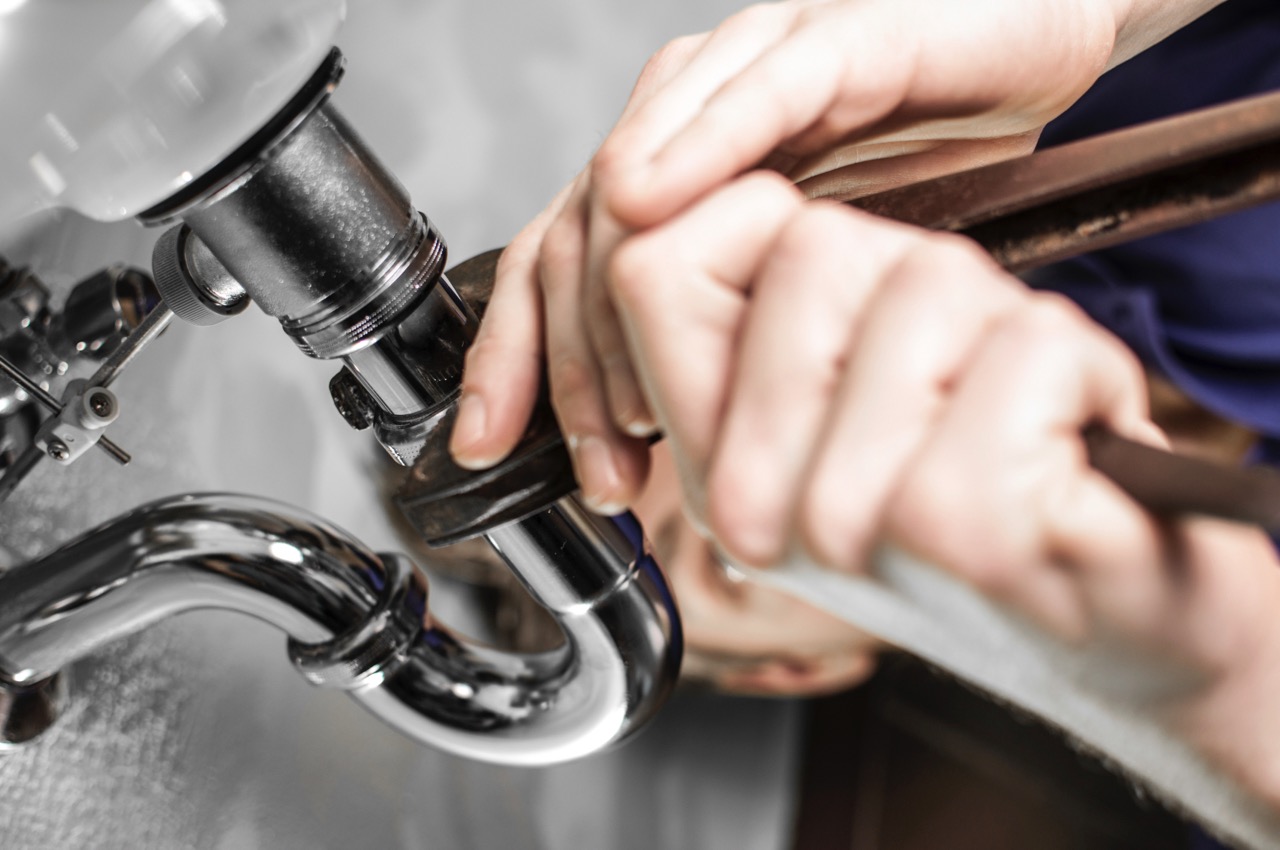
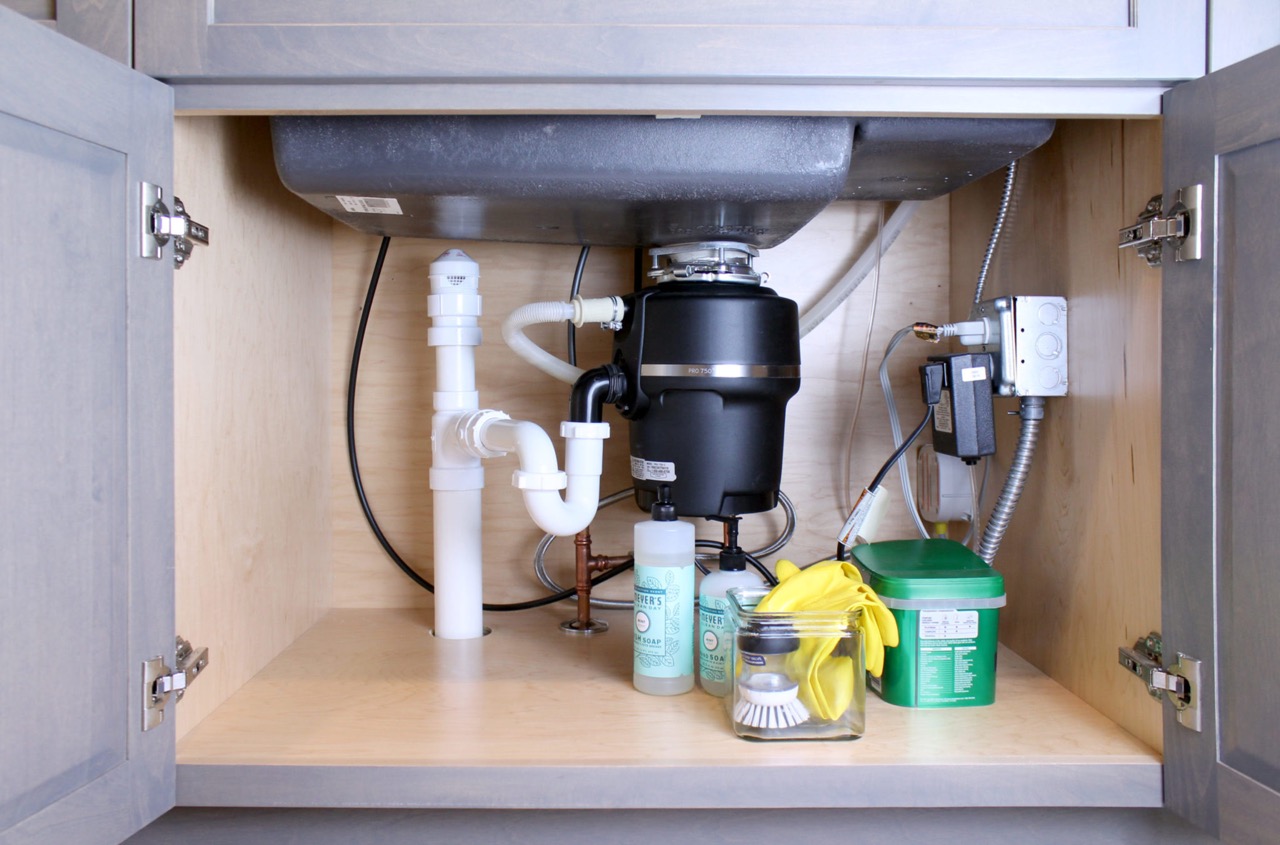
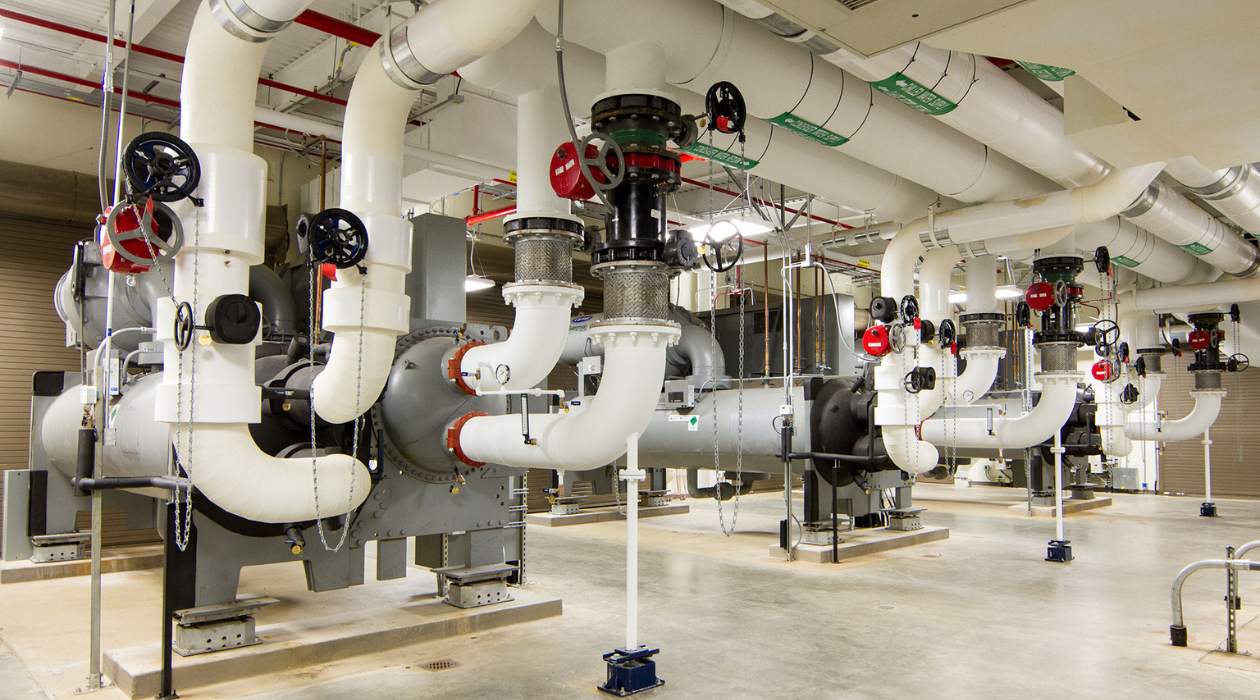
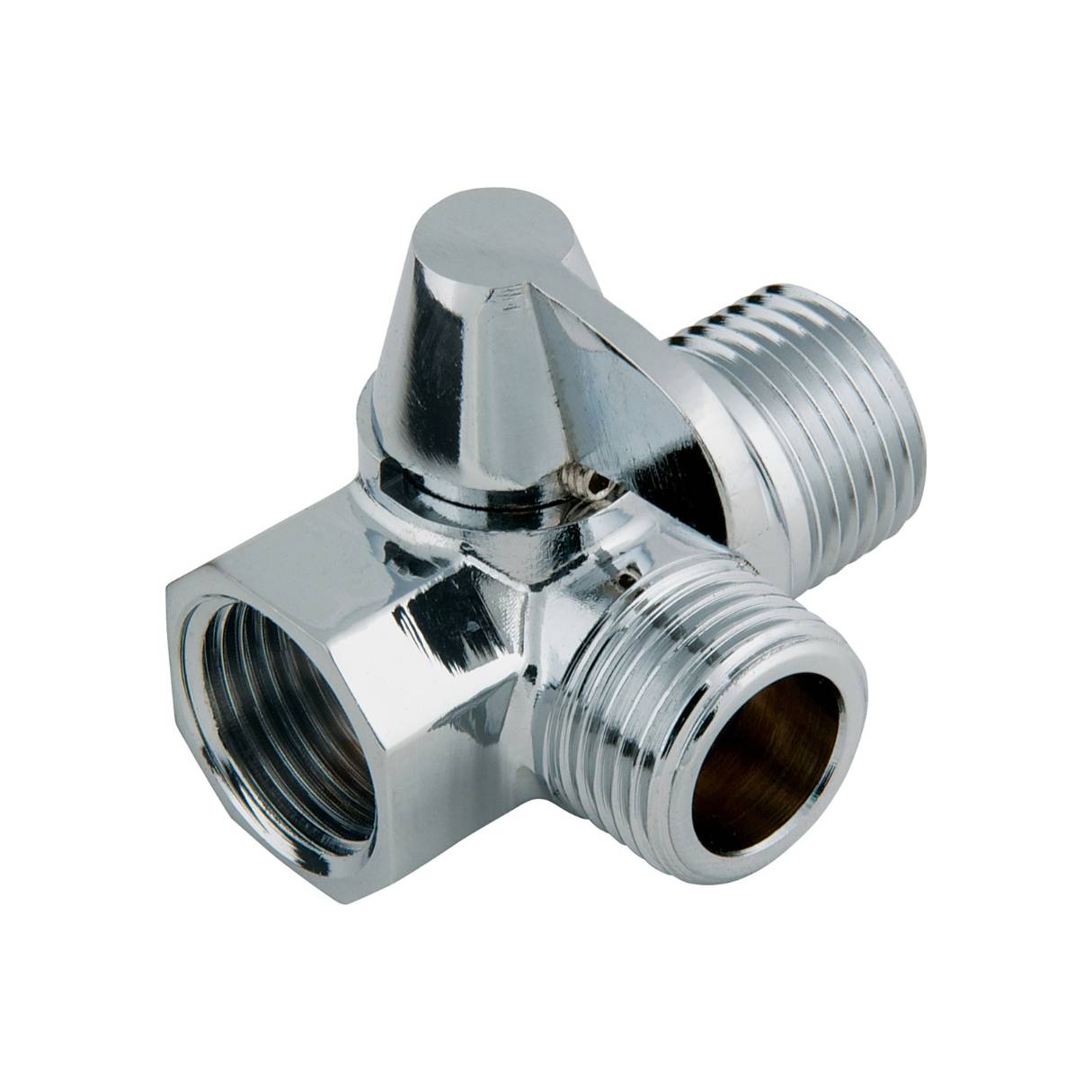
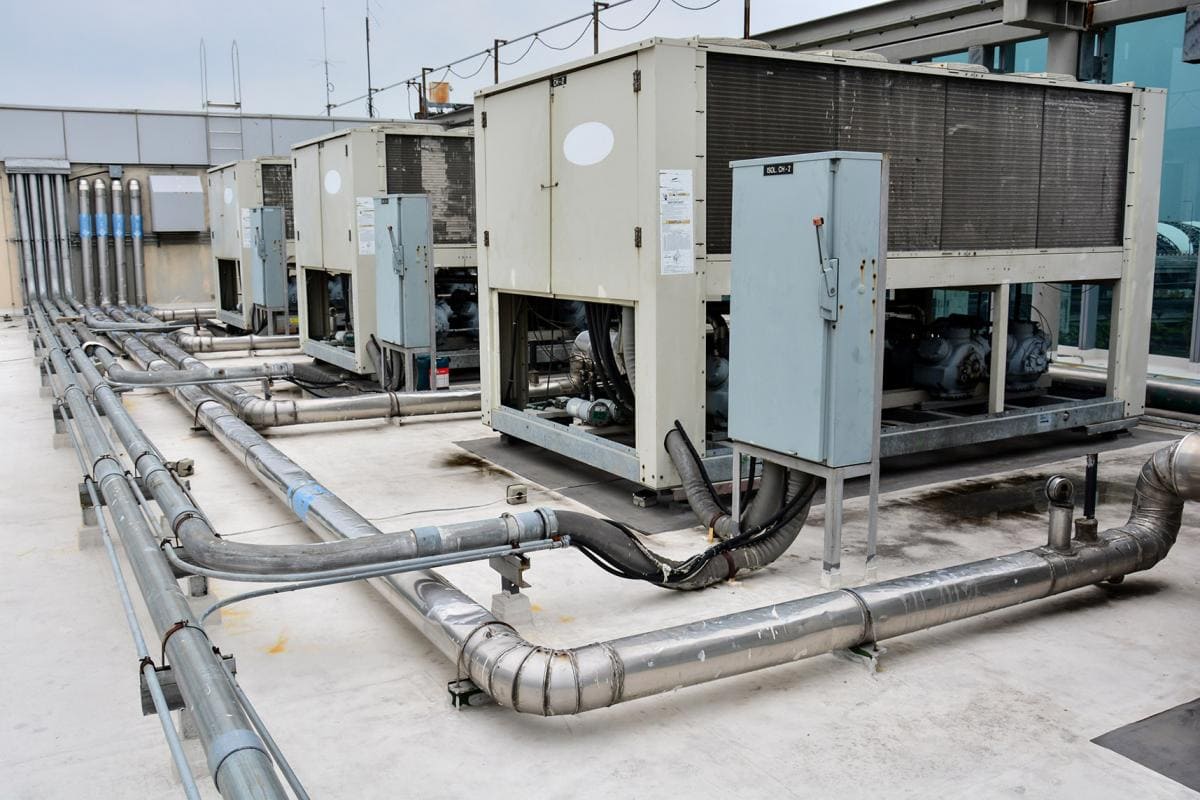
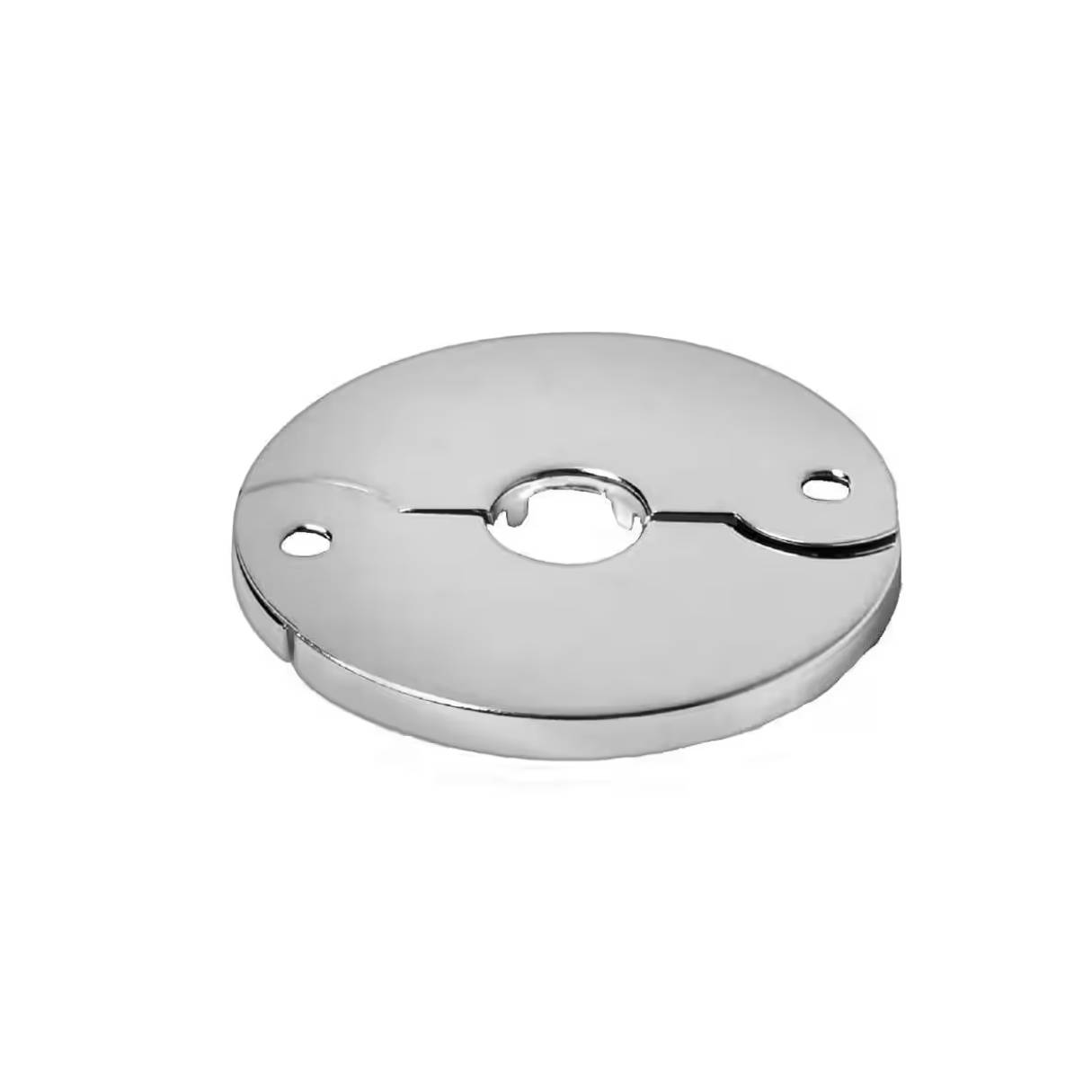
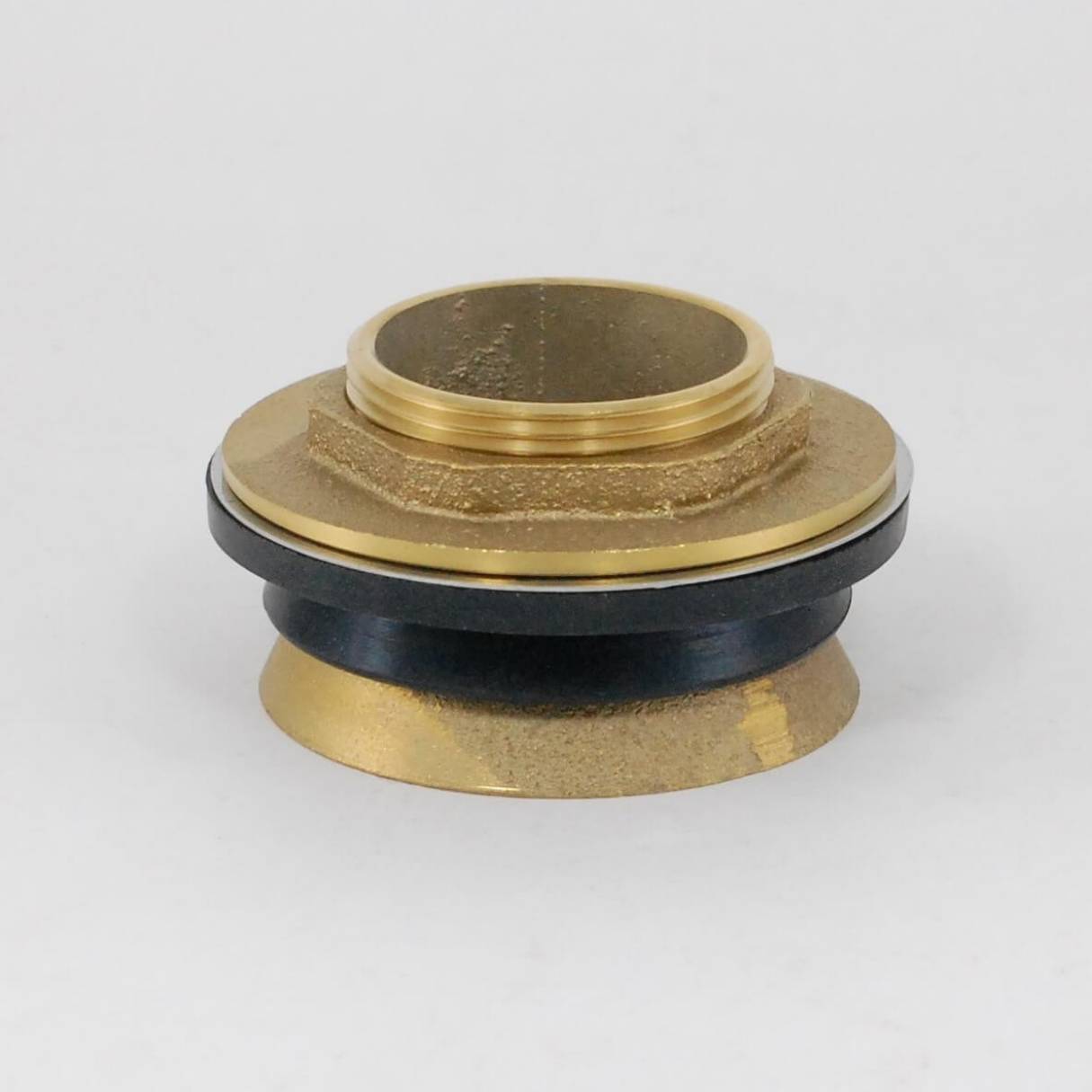
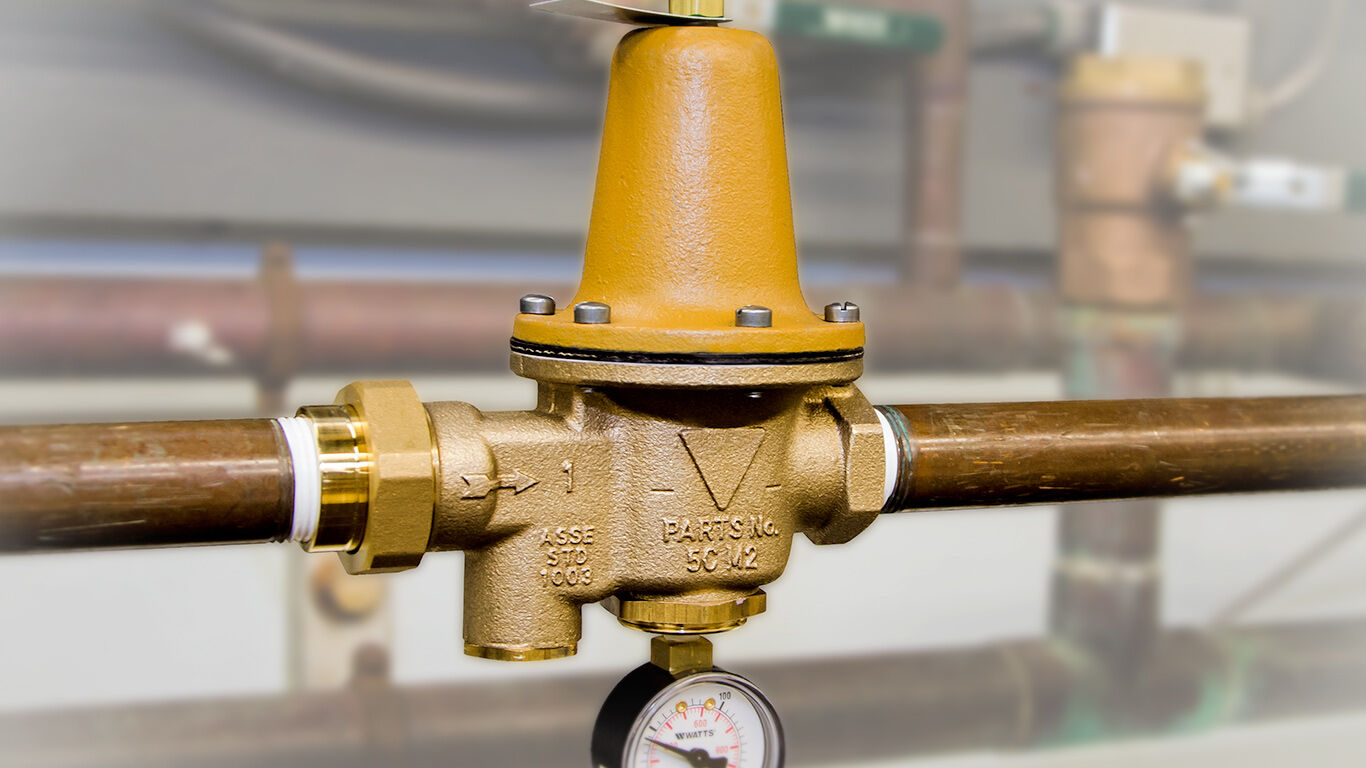

0 thoughts on “What Is A Plumbing Apprentice”